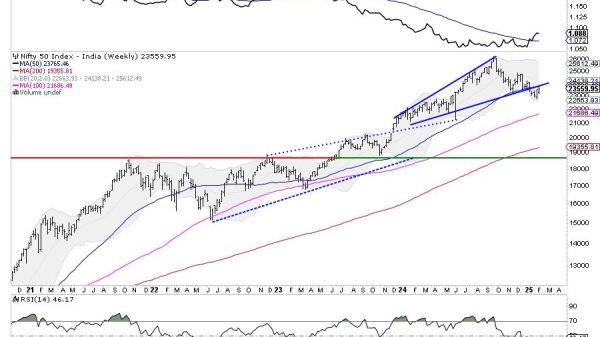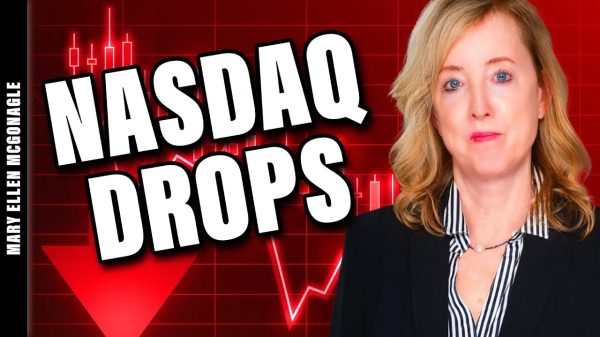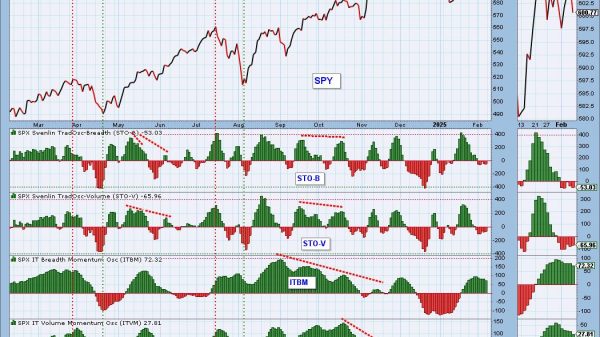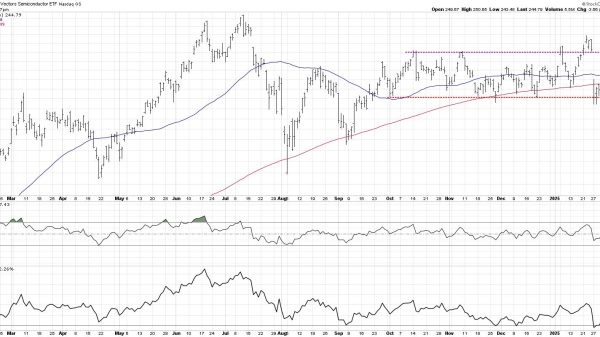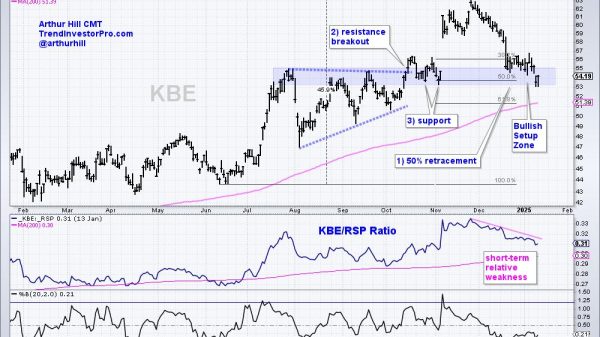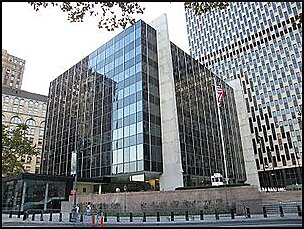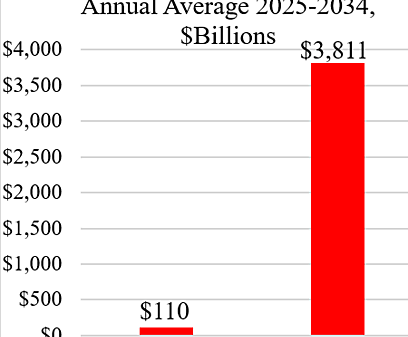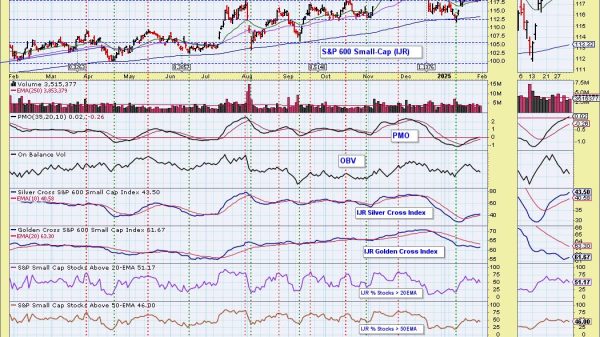
A majority of British companies say that rising and unstable energy costs are undermining their growth plans, with firms warning that soaring electricity prices are threatening profitability, competitiveness, and the UK’s industrial future.
According to a new EY survey, three in five UK businesses reported that high energy prices are hampering their ability to expand. The warning follows an analysis by the International Energy Agency, which found that British industrial energy prices are the highest in the G7 — 46% above the IEA average.
The findings reinforce growing alarm across energy-intensive industries that the UK risks falling behind global rivals unless the government takes urgent steps to reduce energy costs.
“Energy is clearly no longer just a commodity, it’s a competitive and strategic asset,” said Colm Devine, EY’s head of power and utilities. “Firms increasingly see energy as central to their long-term viability and investment planning.”
The issue has sparked political debate, with Energy Secretary Ed Miliband blaming price volatility on “the rollercoaster of fossil-fuel markets we are subject to.” But critics of the government’s net-zero policies say green levies and carbon taxes are also pushing up costs.
Sir Jim Ratcliffe, the billionaire founder of Ineos, has been one of the most vocal critics. Earlier this year, Ineos shuttered its synthetic ethanol plant at Grangemouth, citing “high energy prices and high carbon taxes” as the key reasons.
The Trades Union Congress (TUC) and Make UK, the manufacturers’ lobby group, have warned Chancellor Rachel Reeves that sectors such as steel and chemicals are at risk of falling behind global competitors if the UK fails to bring down what they called “exorbitant electricity prices.”
EY’s survey also reveals that businesses are taking action despite their concerns. Around two-thirds of companies are worried about the future availability and reliability of energy, with many planning to electrify operations, cut emissions, and invest in energy efficiency over the next three years.
More than 80% of companies said they expect their electricity consumption to rise as they shift away from polluting energy sources. This reflects both regulatory pressure and a strategic pivot to align with sustainability goals.
However, many businesses warn that without a level playing field on energy pricing, the shift to cleaner energy could put UK firms at a competitive disadvantage, particularly if rivals abroad benefit from lower costs and state support.
With pressure growing from both industry and unions, the issue of industrial energy prices could become a flashpoint in the government’s broader economic and climate strategy. As firms brace for increased electricity use, they are demanding more predictable pricing, reliable supply, and a coherent long-term policy that keeps the UK investable.
Whether the Treasury chooses to subsidise electricity, reform carbon pricing, or re-evaluate industrial energy levies could be critical to the future of British manufacturing and exports — and to whether the UK’s green transition accelerates or stalls.
Read more:
Rising energy costs threaten UK business growth as firms warn of competitive disadvantage






